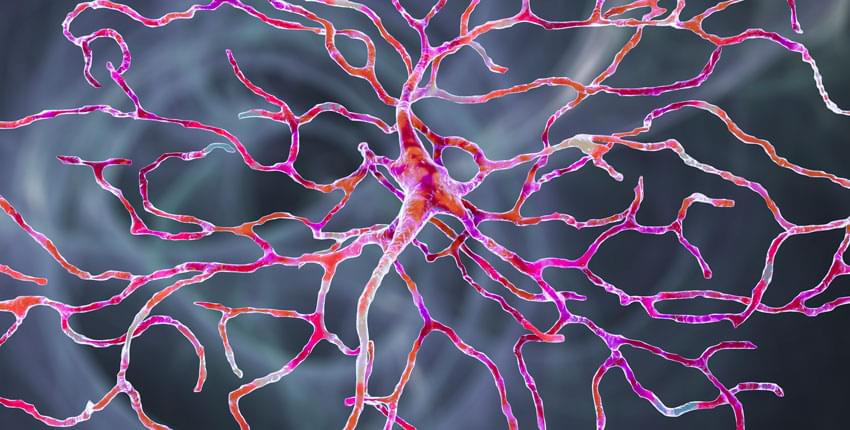Scientists have developed a novel approach that allows stem cells to be turned into retinal ganglion cells that are capable of migrating and surviving in the eye’s retina. This approach presents a promising new treatment strategy for diseases like glaucoma, in which the loss of retinal ganglion cells caused by the disease leads to irreversible vision loss.
Glaucoma is one of the leading causes of blindness worldwide, and vision loss, due to the loss of retinal ganglion cells (RGCs), cannot currently be reversed with any treatment. Some studies have looked at replacing RGCs through cell transplants, but this process is still in the research and development stage and fraught with limitations that highlight a need for a more precise manner of effectively repopulating these cells in the retina. Now, a multidisciplinary team led by researchers at the Schepens Eye Research Institute of Mass Eye and Ear has identified a promising new strategy for glaucoma cell replacement therapy.
In their new study, researchers changed the microenvironment in the eye in a way that enabled them to take stem cells from blood and turn them into retinal ganglion cells that were capable of migrating and surviving into the eye’s retina. They conducted their study on the adult mouse retina, but the work’s implications could one day be applied to human retina, according to the researchers who published their findings November 6th in Proceedings of the National Academy of Sciences.










Comments are closed.